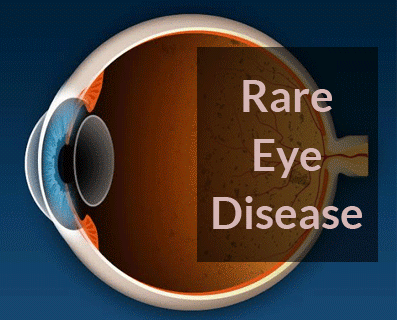- Home
- Editorial
- News
- Practice Guidelines
- Anesthesiology Guidelines
- Cancer Guidelines
- Cardiac Sciences Guidelines
- Critical Care Guidelines
- Dentistry Guidelines
- Dermatology Guidelines
- Diabetes and Endo Guidelines
- Diagnostics Guidelines
- ENT Guidelines
- Featured Practice Guidelines
- Gastroenterology Guidelines
- Geriatrics Guidelines
- Medicine Guidelines
- Nephrology Guidelines
- Neurosciences Guidelines
- Obs and Gynae Guidelines
- Ophthalmology Guidelines
- Orthopaedics Guidelines
- Paediatrics Guidelines
- Psychiatry Guidelines
- Pulmonology Guidelines
- Radiology Guidelines
- Surgery Guidelines
- Urology Guidelines
Adalimumab, an Arthritis drug effective in non infectious uveitis: NEJM Study

London : A well known rheumatoid arthritis medication may be effective for treating non infectious uveitis, a rare eye disease that can lead to loss of vision, new research has found.
Uveitis is the name used for inflammatory conditions of the inner eye, in particular the uvea, which consists of the iris and the ciliary body in the front section and the choroid in the back section. Inflammation can also affect other parts of the eye, such as the retina and the vitreous body.
"We were able to prospectively demonstrate for the very first time that non-infectious uveitis can also be successfully treated with a cortisol free medication," said one of the researchers Talin Barisani-Asenbauer from Medical University of Vienna in Austria.
The biologic medication adalimumab has long been used to treat rheumatic diseases and has to be injected subcutaneously every two weeks.
For sufferers, steroid-free means there are fewer side-effects, so that it can be used over a longer period of time.
"That will significantly improve the management of uveitis patients who have only partially responded to corticosteroids, need a corticosteroid sparing therapy or who are unsuitable for treatment with corticosteroids," Barisani-Asenbauer explained.
The first symptoms of the disease are floaters in the visual field, blurred vision, visual disturbances and photosensitivity.
Potential complications of uveitis are macular oedema (accumulation of fluid in the retina), glaucoma or cataracts, for example. Uveitis can even lead to loss of vision.
The results of the multinational phase-three trial were published in the New England Journal of Medicine.

Disclaimer: This site is primarily intended for healthcare professionals. Any content/information on this website does not replace the advice of medical and/or health professionals and should not be construed as medical/diagnostic advice/endorsement or prescription. Use of this site is subject to our terms of use, privacy policy, advertisement policy. © 2020 Minerva Medical Treatment Pvt Ltd